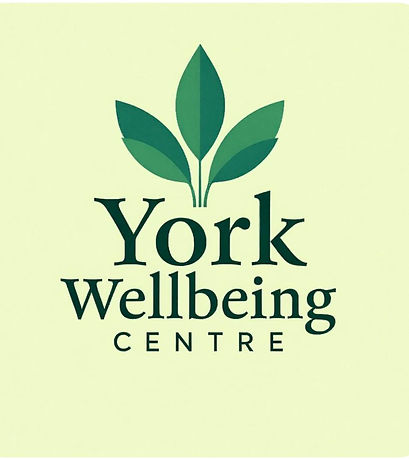York Wellbeing Centre

Therapeutic Support Tailored to You
At York Wellbeing Centre we offer a safe and non-judgmental space for you to explore your thoughts and feelings. We are here to support you in your journey towards healing, however that may look. Let's navigate this path together.
Get to Know Us
York Wellbeing was the idea of Samanatha Hurrell, who has over 20 years of experience working with children, young people and adults and over her professional career has developed a wealth of knowledge in mental health, trauma, stress and psychological disorders.
Today Samantha predominantly works supporting individuals from front line services who have trauma related issues borne out of traumatic incidents including child abuse and suicides. She also works as a clinical supervisor offering clinical supervision to counsellors and trainee counsellors. In addition Samantha has extensive knowledge and experience in working with neurodiversity and is an autistic practioner, qualified to complete the ADOS (Autism Diagnostic Observation Schedule)

We support individuals navigating:
Abuse
Addiction Issues
Anger Management
Anxiety
Bereavement
Cancer
Depression
Eating Disorders
Guilt
Trauma
Menopause
Neurodivergence
Isolation
Life Changes
LGBTQ+
Loneliness
Low Self Esteem
Panic Attacks
Self-Harm
Sexual Identity Anxieties
Shame
Stress
Relationship issues
Infertility